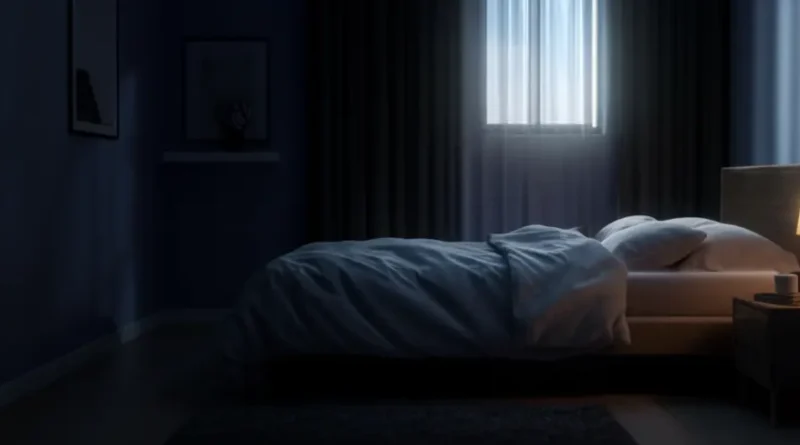The Benefits of Sleeping in a Completely Dark Room
In our increasingly digital world, light pollution is omnipresent. From streetlamps and car headlights to the glow of our devices, many individuals struggle to find true darkness, especially when it comes time to sleep. However, research has shown that sleeping in a completely dark room can carry a multitude of health benefits that are worth exploring.
One of the most significant benefits of sleeping in complete darkness is the enhancement of melatonin production. Melatonin is a hormone produced by the pineal gland during the dark hours of the day. It is responsible for regulating sleep-wake cycles and plays a critical role in ensuring we get quality rest. When we are exposed to light—especially blue light from screens—our body’s melatonin production can be disrupted. This leads to potential insomnia and a host of other sleep-related issues.
Moreover, sleeping in a dark room can improve your sleep quality. A dark environment signals to your brain that it is time to wind down, helping you to fall asleep faster and stay asleep longer. Studies have indicated that individuals who sleep in a dark room enter deeper stages of sleep, such as REM sleep, which is essential for cognitive functions like memory consolidation, learning, and emotional regulation.
Darkness also plays a role in the body’s recovery processes. During deep sleep, the body undertakes physical repairs, boosts immune function, and releases essential hormones. These biological functions rely heavily on the quality of sleep, which can be compromised by light exposure. Research has shown that individuals who sleep with some light—such as a night light or even a digital alarm clock—tend to have higher levels of cortisol, the stress hormone, which can lead to negative health outcomes over time.
Another benefit includes the impact on eye health. Sleeping with complete darkness allows your eyes to rest and recover from the strain and exposure of daily life. Artificial light exposure, especially blue light, has been linked to issues like digital eye strain and disrupted circadian rhythms. When you sleep in darkness, your eyes can recuperate and prepare for another day of visual challenges.
Furthermore, a dark sleeping environment can improve mental clarity and mood upon waking. Many individuals report that the absence of light allows them to wake up feeling more refreshed and alert. The mood-enhancing properties of a good night’s sleep can positively affect various aspects of life, from work performance to personal relationships.
To create the ideal dark sleeping environment, consider using blackout curtains that block out external light sources. If that is not an option, a sleep mask can be a great alternative. Additionally, decluttering your sleeping area of digital devices, such as smartphones and tablets, can further reduce light exposure. Even small changes, such as turning off alarm clocks that emit light or using dim red lighting for nighttime bathroom visits, can make a notable difference.
In conclusion, the benefits of sleeping in a completely dark room are numerous and well-supported by research. From promoting the production of melatonin to improving the quality and restorative nature of sleep, creating a dark environment is a simple yet effective way to enhance your overall health and well-being. As we face the challenges of modern life, making the effort to shield ourselves from artificial light during the night may be one of the best choices we can make for our long-term health.

